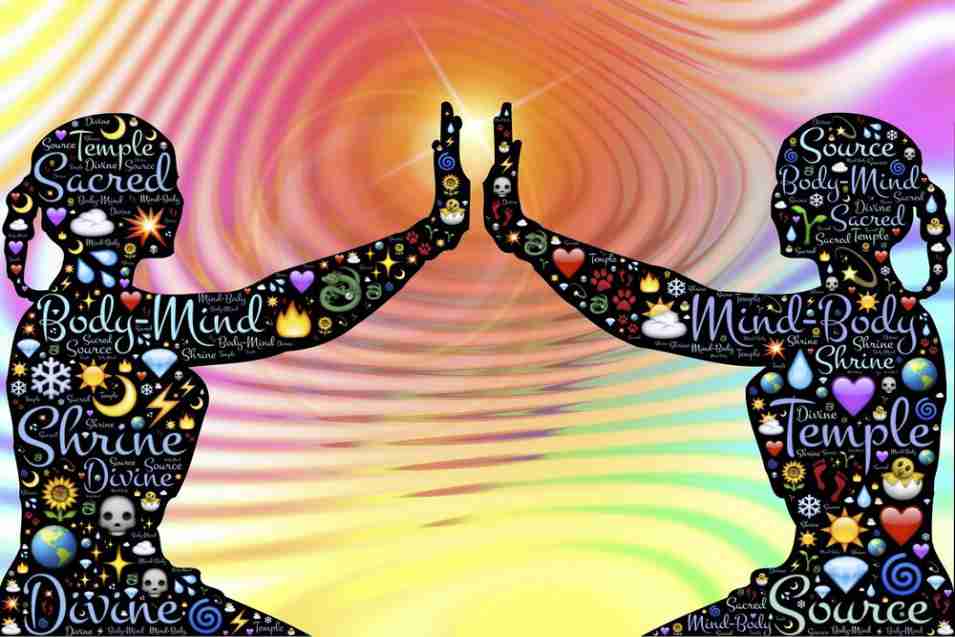Holistic psychiatry; Each therapy administers according to a holistic therapeutic model, in which the individual’s disorder and person come to the fore. Therefore, treating psychological conditions requires integrations for treatment and prevention according to holistic psychiatry.
For example, one of the goals is to learn strategies for managing and maintaining a person’s health in the first person. Even those who consider themselves healthy can follow personal development paths and acquire life hygiene techniques to protect their physical and mental health.
The holistic psychiatrist will be able to grasp the complexity of life and the uniqueness of a personal story rather than the dryness of a clinical report to be diagnosed in front of the patient.
Thus, patients will be able to become their little doctor by coming into contact with their symptoms, which they will perceive as the precursors of chronic habits, body attitudes, emotional behaviors, and mental processes.
What is Holistic Psychiatry?
Are you curious about the question of ‘what is holistic psychiatry?’ Holistic psychiatry is a holistic form of psychiatry that combines alternative treatments, dietary guidelines, exercise, and relaxation techniques with traditional psychiatric therapies to improve mental illness.
Many different patients don’t respond at all to conventional psychiatric treatments, including many other therapies or drugs. This psychiatry generally aims to alleviate the symptoms of mental illness in all patients and to help patients become symptom-free and not dependent on regular psychiatric care.
While holistic psychiatrists may emphasize diet and lifestyle changes to help treat symptoms of mental illness, they can often prescribe psychiatric drugs or recommend forms of psychotherapy. One of the most important centers for holistic psychiatry is the Greater Heights Holistic Psychiatry center.
Related Article: Moral Reconation Therapy
What are the Features of Holistic Psychiatry?
This psychiatry aims to provide support with treatment on the patient’s mental, physical, emotional, spiritual, and energetic levels. A holistic psychiatrist often believes that mental illness can result from disturbances in one or more of these areas. By offering treatment for such disorders, psychiatrists often hope to restore the patient to complete well-being where additional medication or psychotherapy is unnecessary.
Evidence suggests that success in treating mental illness may depend heavily on the caregiver relationship, regardless of the type of treatment used. When a patient has a high level of confidence in the treatment offered, it can increase the chances of success of this treatment. Additionally, many mental disorders can link to diet and lifestyle choices. Vitamin or herbal supplements, exercise regimens, and dietary changes can have a profound effect on the symptoms of mental illness.
More often than not, people who receive holistic psychiatric treatment are those for whom traditional psychiatric treatments using medication and various forms of psychotherapy haven’t worked. In addition to dietary changes and changes in physical activity, patients may ask to change their sleep patterns and socialization habits. Experts can also investigate the relationship with the patient’s emotions, and the patient can be encouraged to change this relationship.

Holistic Psychiatry Techniques
Techniques are essential for holistic psychiatry. For example, the relaxation technique is often part of holistic psychiatric treatments. These techniques can help relieve stress, boost immunity, and lower blood pressure. They may also help relieve symptoms of anxiety and depression in patients who have a mental illness.
Holistic psychiatrists may also do bodywork to help patients fully recover. The expert can incorporate reiki, acupuncture, massage, and yoga into the treatment plan. Also, the therapist can use guided meditation techniques, and patients often learn breathing exercises. You, too, can try holistic psychiatry with free therapy in NYC.
In summary, this psychiatry is similar to traditional psychiatry. Even experts use identical techniques but offer a slightly different approach. Holistic psychiatrists, for example, process all the parts one by one, offering solutions tailored to the individual needs of the patient.
Related article: Therapy for Marriage Problems
Utilized resources: 1. Source: https://www.cambridge.org/core/journals/the-psychiatrist/article/holistic-psychiatry-without-the-whole-self/A23240873FEAE7E8841D0A48D1B58B52
3. Source: https://psycnet.apa.org/record/1981-26953-001
